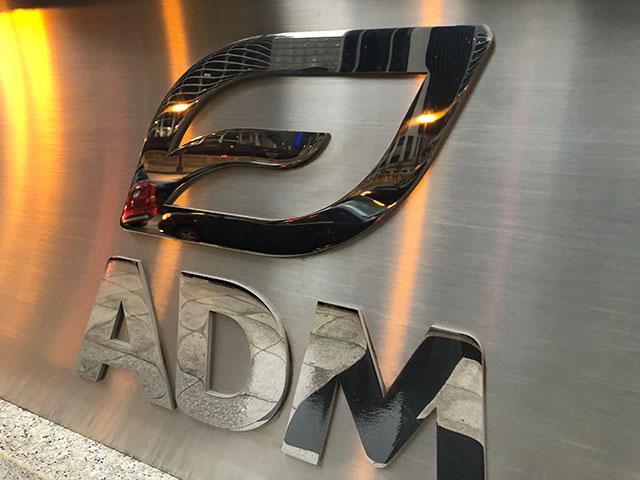ADM, Plaintiffs Agree on Expert Analyst
ADM, Plaintiffs Want Economist Appointed to Judge Accuracy of Ethanol Markets Model
LINCOLN, Neb. (DTN) -- Both sides in an ethanol markets lawsuit have agreed to hire an expert to judge the credibility of an expert witness who developed an economic model plaintiffs purport to show Archer Daniels Midland allegedly manipulated ethanol markets at the Argo Terminal in Illinois.
Leading up to a trial in the U.S. District Court for the District of Central Illinois, ADM had asked the court to exclude a report and testimony of economist Shawn Ledgerwood, a former economist at the Office of Enforcement of the Federal Energy Regulatory Commission.
Ledgerwood developed a so-called regression analysis model on behalf of the plaintiffs AOT Holding AG and Maize Capital Group LLC.
This week, both sides in the case said in court filings they've agreed to propose to the court the appointment of Jeffrey M. Wooldridge, the university distinguished professor of economics at Michigan State University. Professor Wooldridge specializes in econometrics and is the author of two leading textbooks on the subject.
If approved by the court, Woodridge would be brought in as a neutral expert to determine whether the Ledgerwood model is accurate.
At the beginning of October, the court denied ADM's motion to exclude Ledgerwood's testimony and report. Ledgerwood used several inputs to the model to show ADM allegedly manipulated the market.
P[L1] D[0x0] M[300x250] OOP[F] ADUNIT[] T[]
That includes the futures price of corn; wages paid to manufacturing workers; electricity and natural gas prices; prices of byproducts of ethanol production; railroad transportation costs; storms or other severe weather in Illinois; the gasoline price in New York Harbor; the price of renewable identification numbers, or RINs; the amount of ethanol and gasoline stocks in the U.S.; and U.S. imports and exports of ethanol and Chinese tariffs on those.
ADM has argued Ledgerwood and his report are not admissible because the model almost always finds ethanol-price suppression on ADM's part and that he used the wrong model and data for pricing, among other issues.
AOT is one of several plaintiffs that have sued ADM, alleging the company manipulated ethanol prices, violating the Commodity Exchange Act. Specifically, AOT has alleged ADM suppressed the daily benchmark price of ethanol to benefit its short positions.
AOT has alleged ADM's actions benefited the company by increasing the value of ADM's "short" or "hedged" ethanol positions.
AOT filed a class-action lawsuit in May 2020, alleging ADM manipulated the market at the Argo terminal by flooding the fuel terminal with lower-priced ethanol starting in November 2017 through March 2019.
The Argo terminal is the daily location for ethanol trading. The court said the specific trading in question occurred during the 30-minute "market-on-close," or MOC, window.
The trading window is considered crucial because the trading is used to set the daily Chicago benchmark price to determine the value of Chicago ethanol derivatives.
Similar lawsuits were filed by Wisconsin ethanol producers United Wisconsin Grain Producers, Didion Ethanol, Ace Ethanol, Fox River Valley Ethanol, Badger State Ethanol and Iowa producer Pine Lake Corn. In addition, a lawsuit filed by Green Plains Inc. in Nebraska was transferred to the Illinois court.
Read more on DTN:
"Expert: ADM Manipulated Ethanol Market," https://www.dtnpf.com/…
Todd Neeley can be reached at todd.neeley@dtn.com
Follow him on Twitter @DTNeeley
(c) Copyright 2022 DTN, LLC. All rights reserved.




